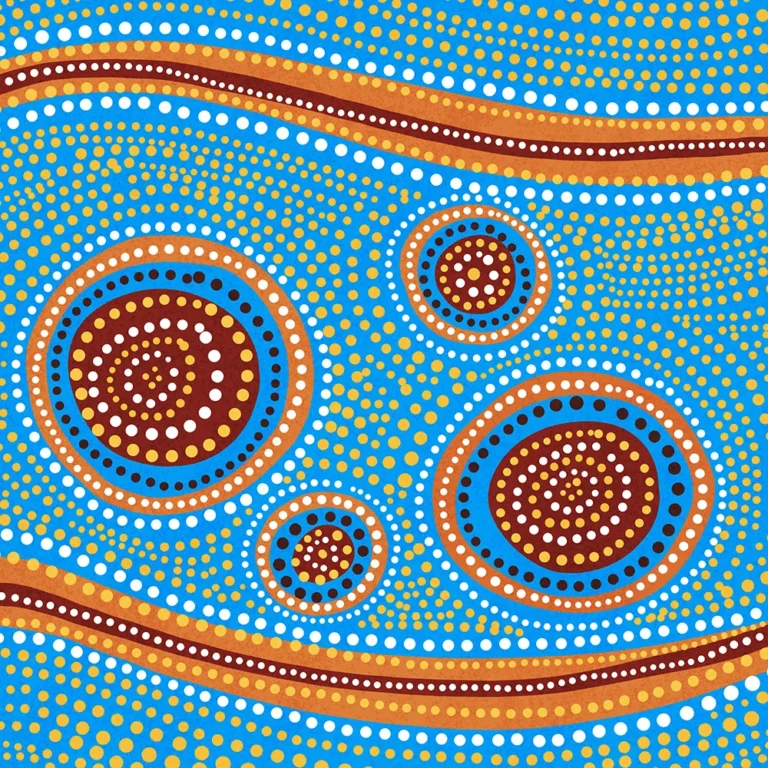Acknowledging the Traditional Custodians of the Land in Albany, Western Australia.
Albany Day Hospital acknowledges the Menang Noongar people as the Traditional Custodians of the land on which our hospital resides. The Menang Noongar people have lived in the South West region of Western Australia for over 50,000 years, fostering a deep and enduring connection to the land, waters, and skies. We recognise their unbroken custodianship and pay our respects to their Elders past and present.
The Menang Noongar people have a profound spiritual and cultural relationship with their environment. Traditionally, they lived in harmony with the land, practising sustainable hunting, fishing, and gathering methods that ensured the health of the region’s rich ecosystems. The area now known as Albany was once called Kinjarling, meaning “the place of rain,” reflecting its significance in Noongar lore and tradition.
Throughout the Albany region, there are numerous Aboriginal heritage sites, including ancient engravings, grinding areas, ceremonial locations, and food preparation sites. These sacred places reflect the Menang Noongar people’s enduring connection to country and their continued presence in the region. During the warmer months, the Menang Noongar people would camp in the Albany area, including at Boondie Yoking—now known as Dog Rock.

The importance of Noongar culture is recognised through historical records, including those of early European settlers. Accounts from the early 19th and 20th centuries describe the Menang Noongar people’s knowledge of the land, such as their use of Banksia nectar as a natural sweetener. Today, there are more than 40 registered Aboriginal heritage sites and over 85 additional heritage places across the City of Albany, many of which remain deeply significant to the Menang Noongar community.
Albany Day Hospital is committed to listening, learning, and contributing to reconciliation by respecting Aboriginal histories, cultures, and knowledge. We honour the Menang Noongar people’s enduring legacy and recognise their vital role in shaping the identity of this region.
Disclaimer: We are committed to consulting with local Aboriginal communities to ensure the ongoing accuracy and respectfulness of this information. For any updates or feedback, please contact our General Manager.
